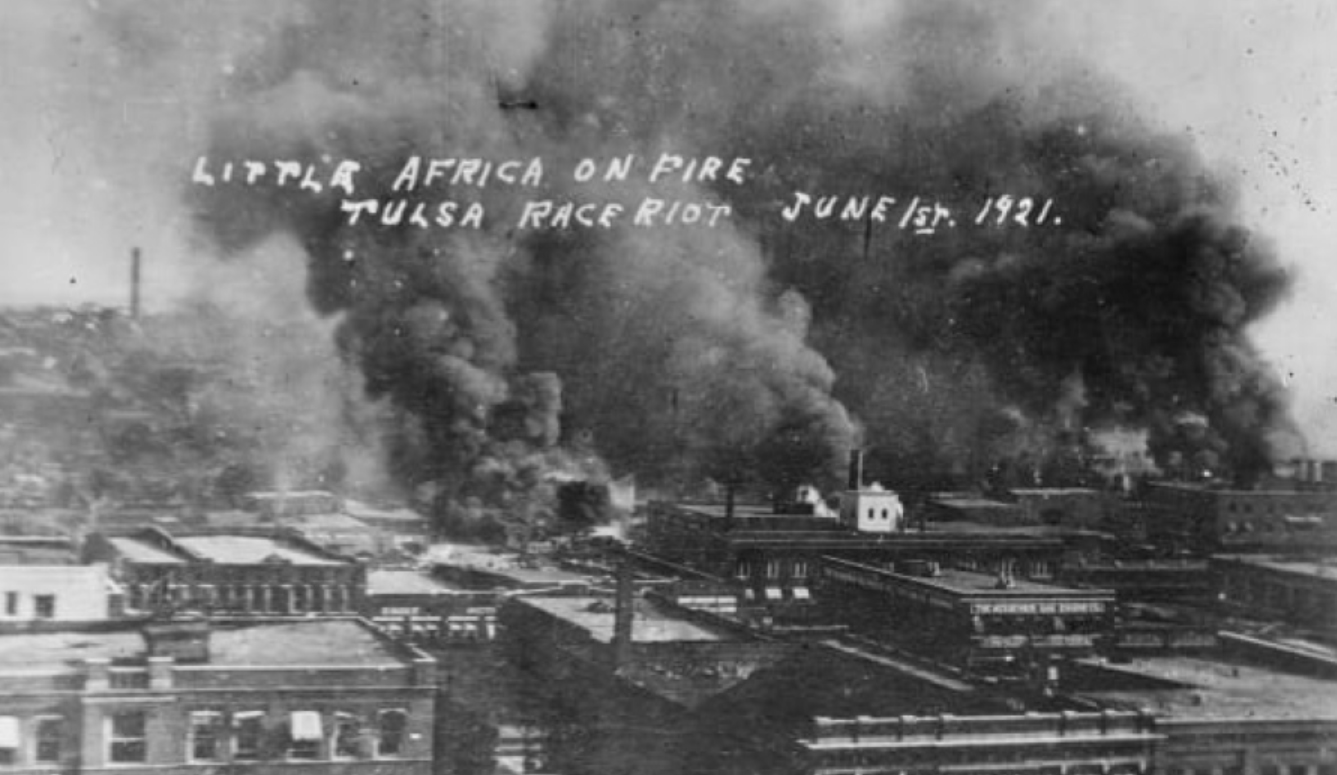The Black Wealth Gap: From War on Drugs to the Obama Years

Disclaimer: The views and opinions expressed in this article are those of the author and do not necessarily reflect the editors' views or any agency, organization, or employer. Based on my research and knowledge, my writings are in good faith and are only for information.
From the 100 years of Jim Crow to the War on Drugs in the 1970s to the eight years of President Obama, black wealth in America was reposed and reduced despite the calls for reparations, rectification, and rapport. Instead of growing wealth, Black communities overall were plagued with riots, resistance, and racism. And through all of this conflict, hope abounded when the first Black President was elected, yet black wealth languished despite Obama's election and reelection.
Reparations denied. A reparation is "an amendment for wrongs done, by paying money to or the helping of those who have been wronged." Most sane people in America will agree that enslaving people was wrong. That wrong not only prevented those enslaved people from earning money and accumulating wealth, but it also caused damage to their bodies and health, which was probably their only asset at the time, thus depleting them as a resource. And even though much of America's wealth before the Civil War can be attributed to slavery, very little has been done to amend that wrong. If wealth is the accumulation of assets and resources, Black wealth is denied when there has been no payment for the enslavement, use, and depletion of Black bodies to accumulate White wealth.
Riots destroyed. After the Civil War, the Black economic progress that persisted even in the absence of reparations was often destroyed by racism and white supremacy. Angry mobs created, invented, and found reasons to block, burn down and shatter the progress of many Black communities. Violent attacks on Black communities like the ones listed below became commonplace.
Meridian, MS Race Riot 1871
Colfax, LA Massacre of 1873
Forsyth, GA Race Cleansing of 1912
East St Louis, IL Riots of 1917
Corbin, Kentucky Riots 1919
Chicago Race Riots 1919
Elaine, Arkansas 1919
Tulsa Race Massacre 1921
Rosewood, Florida Massacre 1923
The aftershock of these attacks can still be felt today.
The legacy of violence, and the fact that much of the violence against Black people haven't been addressed, contributes to the Black wealth gap today. The very mob mentality that caused this violence then exists today.
The January 6th Insurrection of the Capitol is proof of that.
Racism disables. The fight against racism is expensive, and over the years, it has cost Black America our health and wealth. When the level of care we receive, the job we can hold, the houses and neighborhoods we can live in, and our very freedom is contingent on the color of our skin, there will always be a gap. Racism blocks our ability to access wealth. But, it also limits our ability to care for ourselves. For example, people of color are more likely to be forced to work jobs that put us in more danger, live in environmentally unsafe places, and receive poor healthcare. We are also more likely to be negatively impacted by the war on drugs and the school-to-prison pipeline. Racism continues to cost us wealth, but it also cost us blood, sweat, tears, and even our very lives.
Black wealth languished. On November 4, 2008, I watched with hope and excitement as Barack Obama, the first Black President, and his family took the stage in Chicago's Grant Park. He started his victory speech with this sentence. "If there is anyone out there who still doubts that America is a place where all things are possible, who still wonders if the dream of our founders is alive in our time, who still questions the power of our democracy, tonight is your answer."
Barack Obama ended that speech with three simple words, "Yes we can." At that time, I was not thinking about the wealth gap. I thought that finally, America was ready to give Black people a chance to prove their worth. However, before he could even get started, racism disabled the hope abound. "Yes, we can" become "no, you can't," secret angry mobs formed and burned down every attempt at progress.
The Black wealth gap grew larger during the Obama years.
So, whether it was Obama's fault, which some people believe to be true, caused by the housing recession, the rise in hate crimes and racism while he was in office, or outright filibustering of his policies, Black wealth languished.
From 1619 until 2017, when Obama left office, the racial wealth gap persisted. That's Black poverty 398 years in the making, and since there has been very little done to decrease this gap, the trenches deepen.
Stay tuned next week for The Black Wealth Gap: From the Obama Years to George Floyd.
Sophia Brewer (M.L.I.S.) is Collection Development and Serials Librarian, Grand Rapids Community College; Co-President of the Greater Grand Rapids History Council; member of the Grand Rapids Study Club and serves on the Grand Rapids Public Library, Board of Library Commissioners (Elected 2016-2021). She is a former Head of Programs, Grand Rapids Public Library and former Branch Manager, Madison Square Branch, Grand Rapids Public Library

Tagged in: